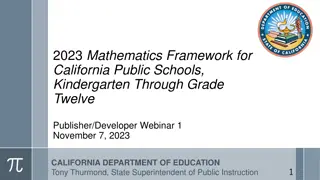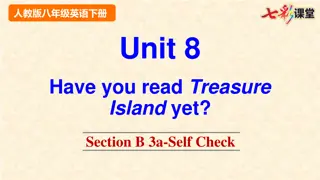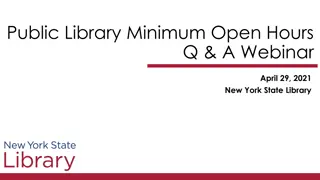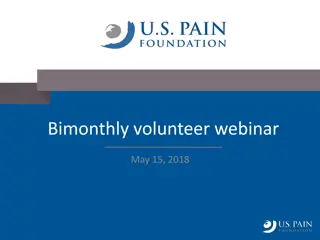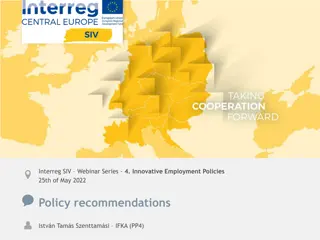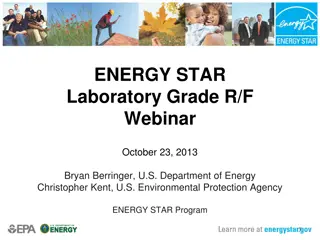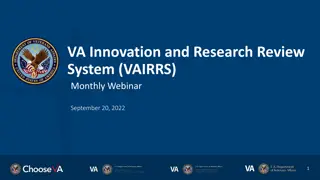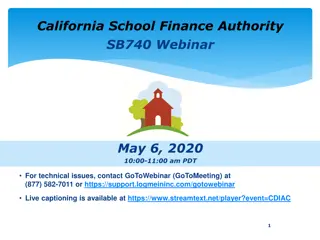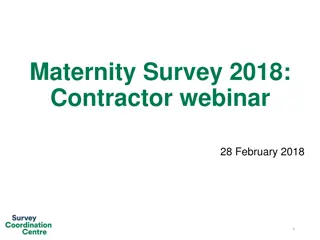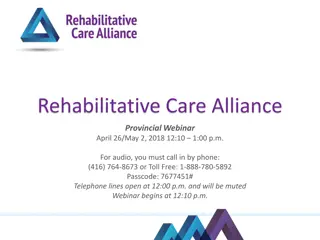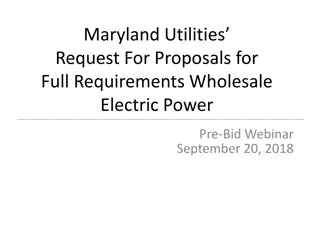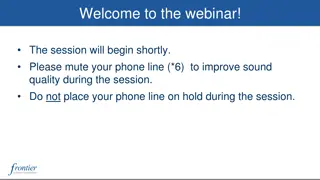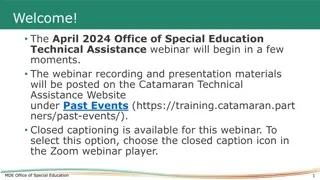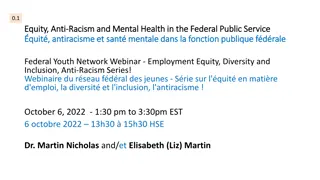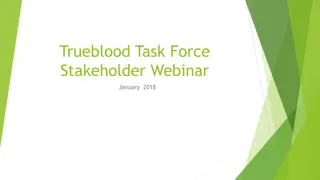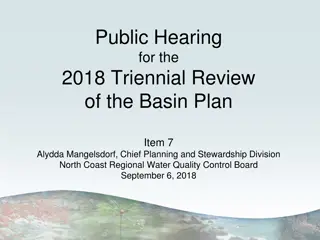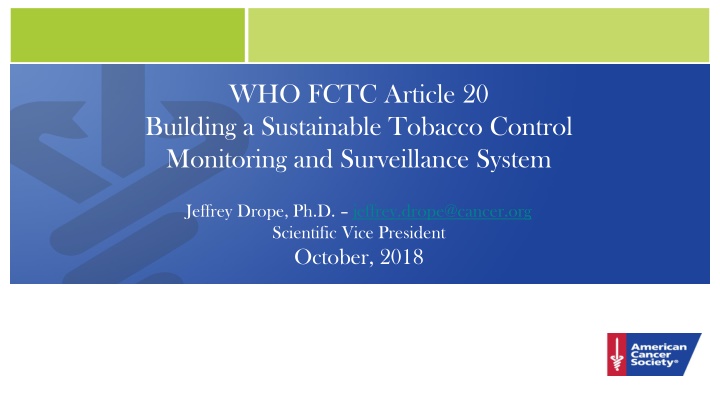
Sustainable Tobacco Control Monitoring and Surveillance System
Explore the key aspects of building a sustainable monitoring and surveillance system for tobacco control, emphasizing the importance of data collection, relationships with data sources, and creative approaches. Understand the significance of taxation and combating illicit trade for effective tobacco control strategies.
Download Presentation

Please find below an Image/Link to download the presentation.
The content on the website is provided AS IS for your information and personal use only. It may not be sold, licensed, or shared on other websites without obtaining consent from the author. If you encounter any issues during the download, it is possible that the publisher has removed the file from their server.
You are allowed to download the files provided on this website for personal or commercial use, subject to the condition that they are used lawfully. All files are the property of their respective owners.
The content on the website is provided AS IS for your information and personal use only. It may not be sold, licensed, or shared on other websites without obtaining consent from the author.
E N D
Presentation Transcript
WHO FCTC Article 20 Building a Sustainable Tobacco Control Monitoring and Surveillance System Jeffrey Drope, Ph.D. jeffrey.drope@cancer.org Scientific Vice President October, 2018
Caveat/disclosure I am not an expert on more traditional tobacco control surveillance (e.g., smoking prevalence). Rather, our team focuses on the economic aspects of tobacco control, and thus the data that help us to understand these aspects. 2
Key Takeaways Understand what data you need. 3
Key Takeaways Understand what data you need. Find out who has these data. Build a relationship with the data collector/keeper. Ask for the data. 4
Key Takeaways Understand what data you need. Find out who has these data. Build a relationship with the data collector/keeper. Ask for the data. Continue to collect the data in a systematic way over time. Be creative! 5
Article 6 - Tax Why do we care? The evidence suggests that taxing tobacco products is the single-most effective tobacco control intervention currently available to us. We need data to evaluate either how to tax effectively for public health or to make certain that we are taxing effectively. 6
Article 6 Tax data Ministry of Finance Tax structure E.g., specific and/or ad valorem, price tiers, etc. Tax rates 7
Article 6 Tax data Ministry of Finance Tax structure E.g., specific and/or ad valorem, price tiers, etc. Tax rates Prices 8
Article 6 Tax data Ministry of Finance Tax structure E.g., specific and/or ad valorem, price tiers, etc. Tax rates Prices Tax-paid tobacco product sales volume E.g. number of units sold (e.g. stick, pack, carton, etc.) Tax revenues 9
Article 15 Illicit trade Why do we care? - If illicit trade in tobacco products is a problem, it can undermine our efforts to decrease tobacco consumption. - Most of the time, however, it is not a large problem, but the industry presents it as a problem to undermine tobacco control (especially taxation). - Accurate measurement of illicit trade can help to identify the nature of the challenge (if any) to address it, and to counter the tobacco industry s inaccurate narratives. 10
Article 15 Illicit trade data Ministry of Health Prevalence Ministry of Finance Tax-paid sales Seizures of illicit goods Ministry of Trade Exports Imports 11
Article 17 Alternative livelihoods Why do we care? - The WHO FCTC compels Parties to help tobacco farmers and workers find viable alternative economic livelihoods. - But there is another critical dimension: the tobacco industry uses the alleged damage of tobacco control to tobacco farmers and workers livelihoods to undermine tobacco control in many countries. - The existing evidence suggests that tobacco farming is not lucrative. 12
Article 17 Tobacco farming and employment data Ministry of Agriculture Hectares planted Production (typically in tonnes) Yields Ministry of Labour # of workers Wages Ministry of Trade Exports Imports 13
Article 18 Environment Why do we care? - Tobacco farming and production have enormous negative implications for the environment. - Deforestation. - Eco-system pressures from agricultural chemicals. - Solid waste from manufacturing and disposal (butts and packaging). - Water use for cultivation and production. 14
Article 18 Environment data Ministry of Agriculture - Land converted to agriculture - Burning - Fertilizer use - Pesticide use Ministry of Finance - # of cigarettes manufactured - # of cigarettes sold 15
Revisiting the Key Takeaways Understand what data you need. Find out who has these data. Build strong relationships with the data collector/keeper (=sustainability!) Ask for the data. Continue to collect the data in a systematic way over time (=sustainability!) Be creative. ASK FOR HELP! 16
Thank you. Contact: jeffrey.drope@cancer.org

